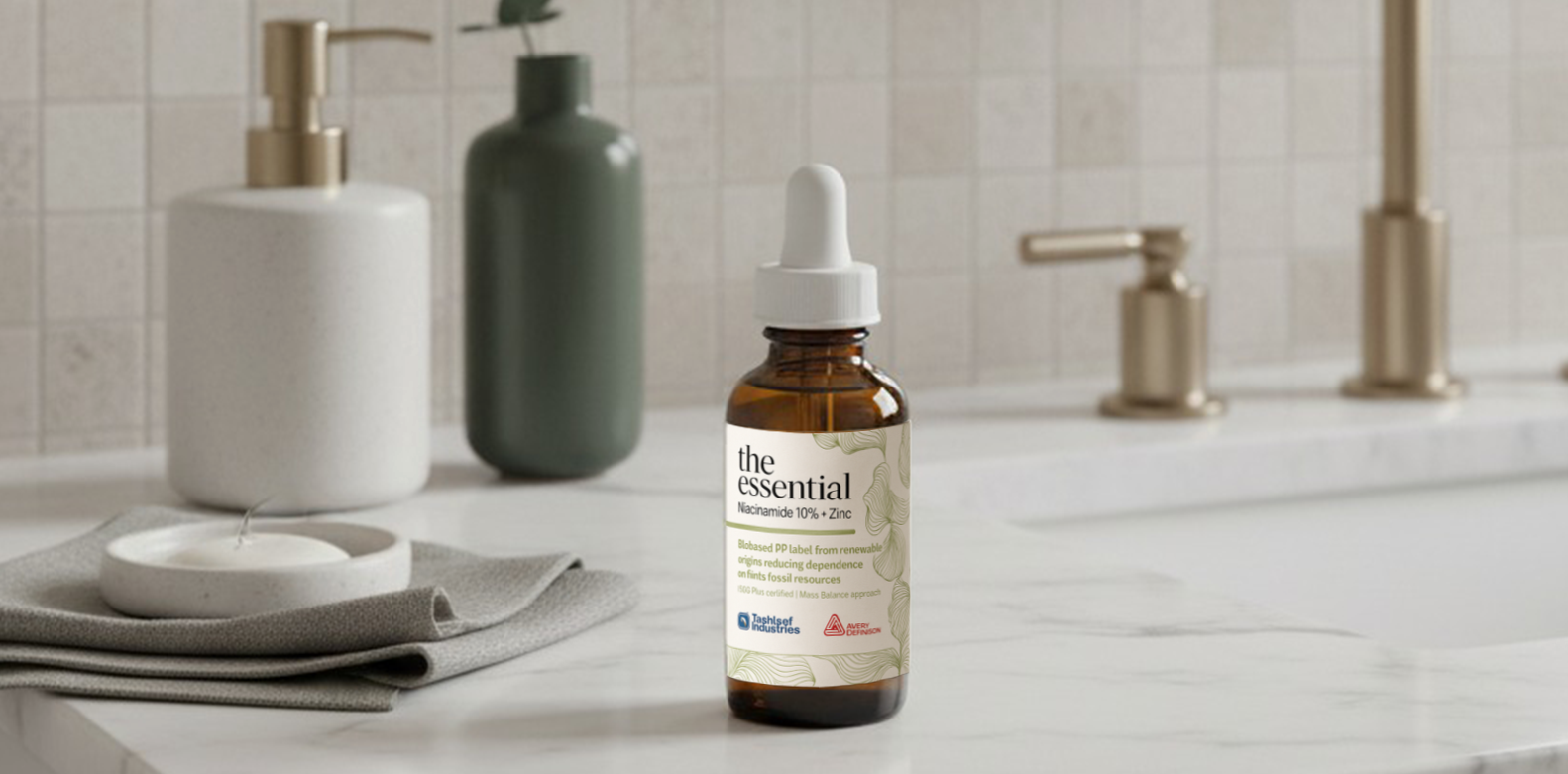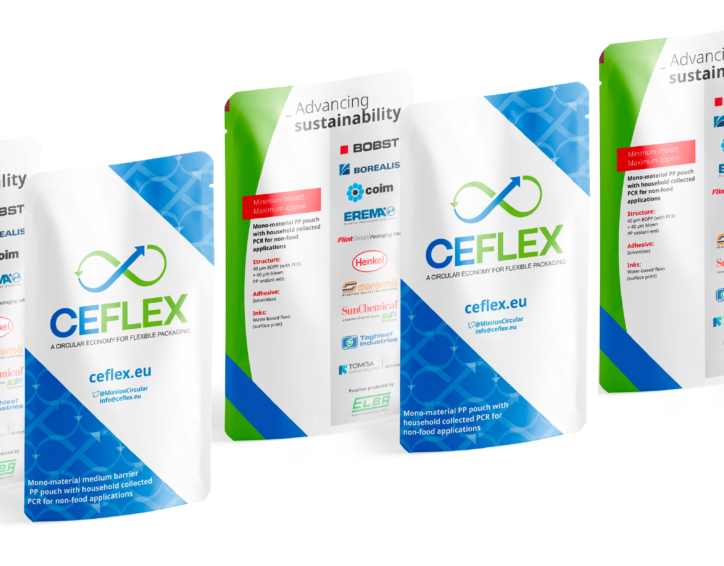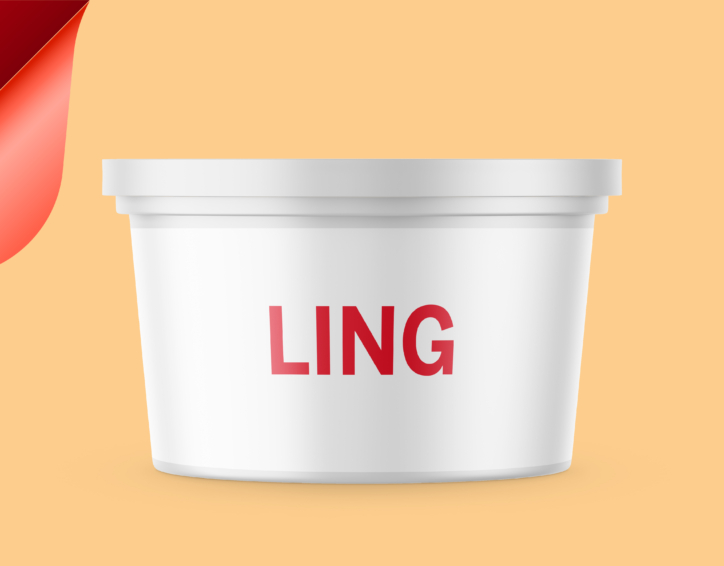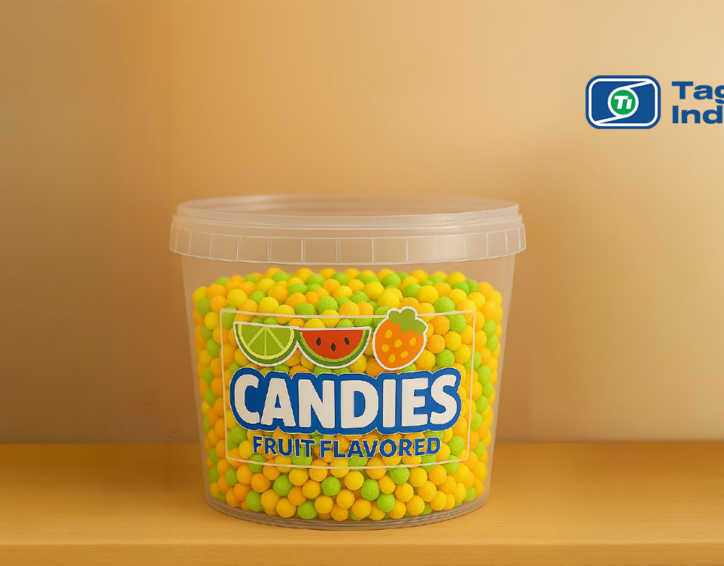Sustainable Labeling for Cosmetics: Taghleef partnered with Avery Dennison to Improve the Packaging of Facial Serums with Renewable Materials

Market background
The cosmetics market, and in particular that of face serums, is constantly expanding thanks to consumers’ growing interest in effective and sustainable products. Companies in the sector must not only guarantee the performance and safety of their formulations but are also called upon to reduce the environmental impact of their packaging. Brands are therefore looking for solutions that combine premium aesthetics, functionality, and a more responsible approach to natural resources.
The Challenge
The main objective was to maintain the appearance and functional properties of traditional packaging while reducing dependence on fossil raw materials. It was important to obtain a solution that could be certified, capable of communicating transparency and sustainability without compromising the quality perceived by the end consumer.
To achieve this result, Taghleef Industries collaborated with Avery Dennison, a leader in labelling solutions, to develop packaging for face serums that incorporated an innovative and sustainable label, while ensuring the quality standards and premium image required by the cosmetics market.
The serum packaging had to:
- Preserve the premium look of the glass bottle
- Ensure the same strength and performance as standard labels
- Demonstrate a lower environmental impact, backed by recognized certifications
The Solution
The solution was to use bioLSG, the biobased label developed by Taghleef Industries. This innovative material is made using renewable raw materials derived from tall oil, a natural by-product of wood processing.
Thanks to the ISCC Plus certified mass balance approach, bioLSG offers traceable and verifiable biobased content throughout the supply chain. The great advantage is that bioLSG labels guarantee:
- The same appearance as traditional labels, maintaining the premium image of the product
- The same technical and functional properties, such as printability, adhesion and resistance
- A different environmental impact, thanks to reduced dependence on fossil resources.
In this case, the glass serum bottle was finished with a bioLSG label supplied by Avery Dennison from their AD BioRenew portfolio, demonstrating how innovation and sustainability can be integrated without compromise.
Conclusion
The case study demonstrates how bioLSG represents a concrete response to the needs of the cosmetics industry, which is increasingly oriented towards sustainable and certified solutions. The use of biobased labels derived from renewable sources allows brands to reduce the environmental impact of packaging without sacrificing aesthetics or functionality.
With bioLSG, Taghleef Industries supports its partners on the path towards a Circular Economy, offering solutions that combine innovation, reliability and environmental responsibility.


